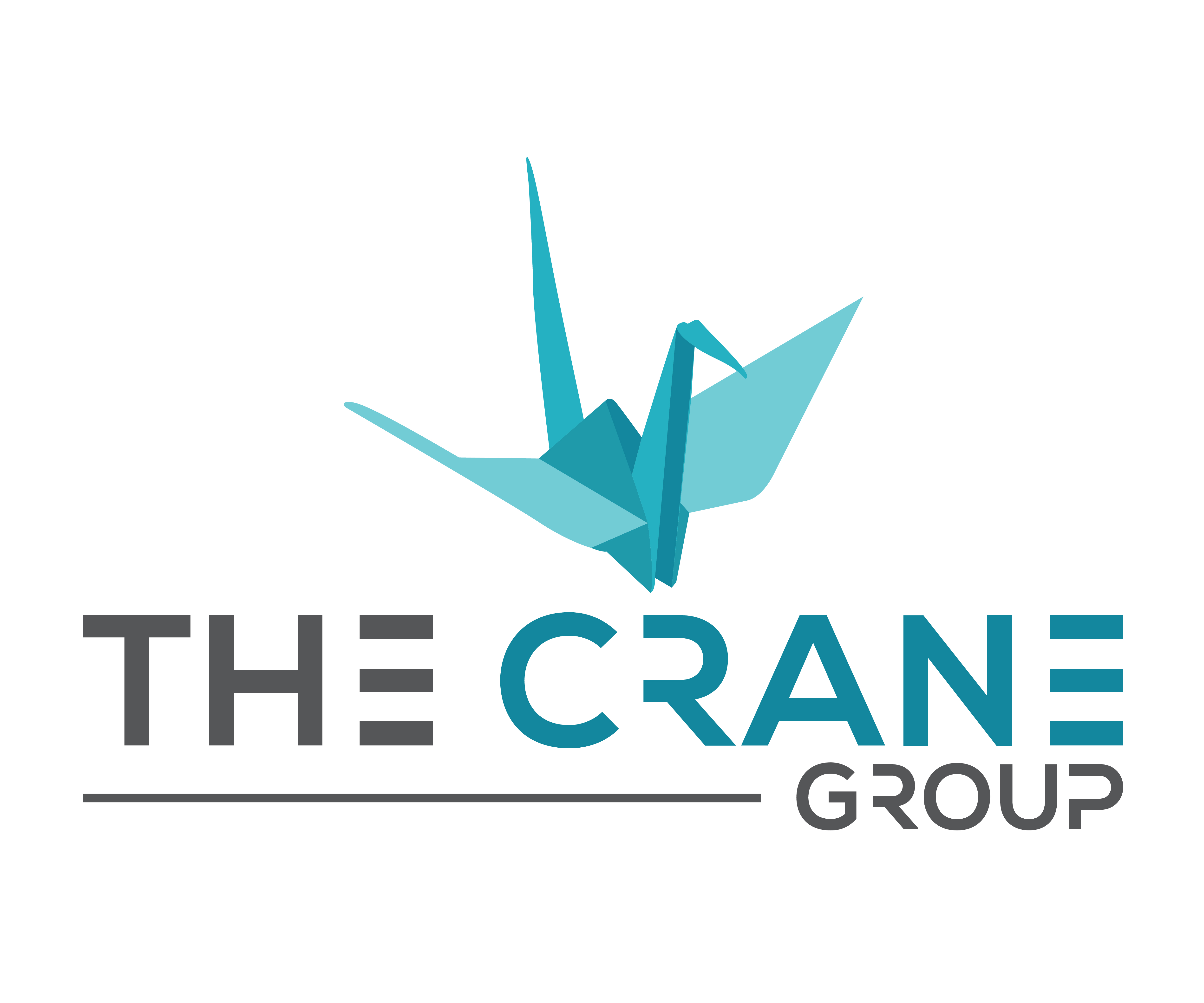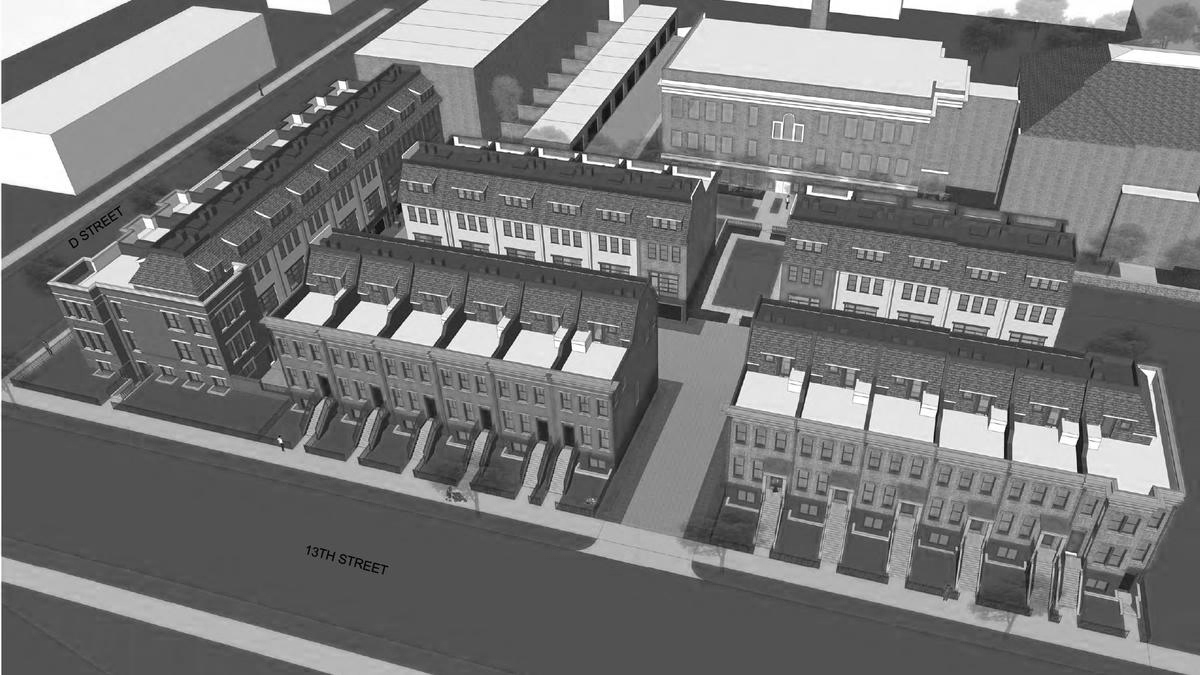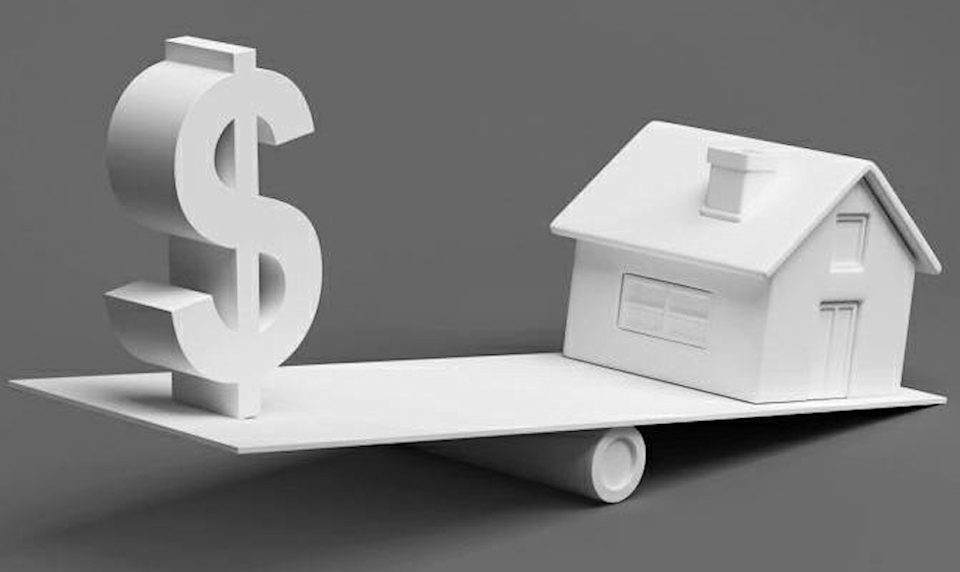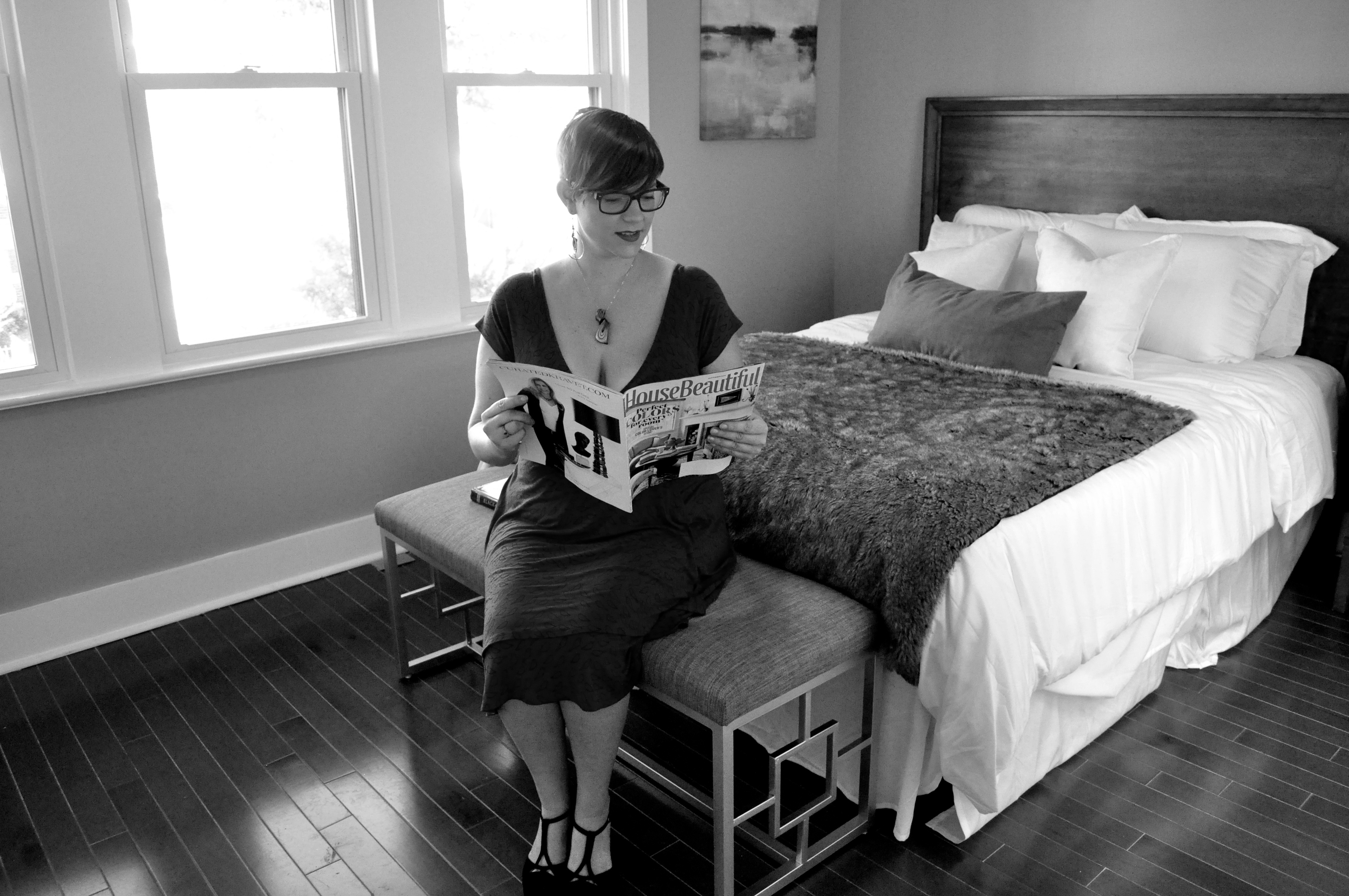Is building a portfolio of investment properties a part of your long term wealth-building goals? If so, you’re like thousands of Americans who dream of cashing in on the hot real estate market, and who are looking for a way to build a future nest egg from rental income. But, achieving this could come with potential obstacles: Perhaps buying your primary home (the one you live in) requires a large down payment that will take a while to build, or you feel priced out of the city or neighborhood you live in because it’s one of the most expensive in the world (like so many areas in the Washington, D.C. metro area). Or maybe you are self-employed and your tax return doesn’t show enough annual take-home to qualify you for the right loans. If any of these scenarios sound familiar, you should consider first purchasing an out-of-state or neighborhood investment property instead of a primary residence.
If you have a solid job, good credit, a small amount of savings, and little to no debt, then you may be eligible now to get into the real estate market. While most people wait until after they’ve bought their first or second home to begin investing in real estate, you could start with an investment property and use the rental income to increase your savings towards your primary home purchase. History tells us that property values should increase over time, and potential rental income can help grow your down payment faster.
Keep in mind that purchasing an investment property as your first property is just as big of a decision as buying a primary residence. It will require some careful planning and a commitment of your time and money during the purchase and in future maintenance. Here are some things to consider when thinking about building a portfolio of investment properties now instead of waiting to purchase a primary residence first.
Rental Income
You can earn rental income immediately. Rent increases are outpacing home purchase increases in most areas due to demand and tighter restrictions on loan applications. The monthly income you could potentially receive from your investment property could be more than your mortgage payment. In other words you will make money, and have money left over to reinvest in your property or add to your down payment.
Increase in Market Demand from Changing Demographics
Demand for homes are still increasing. According to a report produced by the Research Institute for Housing America, home ownership among immigrants nationwide is expected to account for 36% of housing growth over the next decade. This is due in large part, according to the report, to strong desires among immigrants to become homeowners. There also are strong indications of younger home owners increasing demand.
Future sale could mean big profits. Purchasing an investment property now means your property could fetch a higher sales price and increased equity over time. Evidence of this can already be seen in rapidly changing urban neighborhoods. Your future self wouldn’t want to miss out on the opportunity to own property now in a neighborhood that is about to see values skyrocket.
Investing In Property Out Of State VS Saving To Buy a Home
Investing in an out-of-state property might be more appealing if you live in an area where your salary and/or the down payment you’ve saved doesn’t allow you to purchase a home there. (And, even if you already own property where you live, an out-of-state investment could diversify your holdings.)
Favorable ROI. People invest in property out of state because the return on investment (ROI) may be better there than it is in their home state. Purchase prices, appreciation rates, mortgage expenses (if any), taxes, housing regulations, rental market conditions, and more are all factors that might be more favorable in another state and will contribute to a property’s potential ROI.
Lower purchase price to enter the market. Another factor that leads people to consider buying property far from home is that similar property may be more affordable in another state. High average sales price means higher down payment and closing costs. To buy your first home in Washington, D.C. on average will cost you $600,000. With a 5% conventional loan and approximately 3.5% in additional closing costs, a buyer would need to save a minimum of $51,000 to make this purchase. Compare that to Chicago, where the median asking price for 3-bedroom house is $135,000. With a 15% investment loan and closing costs, a buyer would only have to save around $26,000 or about half.
However, keep in mind that there is a higher down payment requirement for investment purchases because lenders consider them to be riskier than an owner-occupant purchase where the property is maintained by the owner while they live in it.
If you simply can’t afford to buy a place where you live or if doing so would require investing more money than you’ve saved, you may want to look at other cities where market fundamentals are sound but property costs are significantly lower.
Here are some cities where buying and holding rentals have the highest return: http://www.bankrate.com/finance/real-estate/promising-places-to-buy-rental-properties-1.aspx
Challenges to Consider
When you invest out of state, you must overcome your lack of familiarity with the out-of-state real estate market and with its local economic conditions, both at the city level and the neighborhood level. You won’t have the same intimate, day-to-day knowledge of a distant market that you have of the market where you live. You don’t have an in-depth understanding of the best neighborhoods – or the worst. You will have to rely on word of mouth, research, gut instincts and the opinions of the professionals you hire.
You’ll need good contacts in the area to make your investment plan successful. You will likely be starting from scratch in finding quality professionals such as real estate agents, property managers and maintenance professionals. Finding the right “team” of people will be the key to your success, or failure. I can help you find excellent professionals in any city, please ask me.
If you live far away from your investment property, hire a professional property management company and factor in this extra expense to safeguard your investment. The secret to out-of-state investing is to find and hire an excellent property management company. You’ll need them to help you fill vacancies, collect rent, make repairs and handle emergencies.
Alternatively, if you lived in the area previously and/or are familiar with it, you could manage the property yourself. It may potentially save you money but your accessibility will be much lower and harder than if you lived nearby.
Be aware that even with a property management company on your payroll, you’ll still need to make occasional visits to your property to make sure that what managers and tenants tell you matches reality. This is additional time and money that must be considered.
Other Considerations
Take another look. Take a second look at buying property in your current neighborhood, even if you don’t want to live in the property. Purchasing a 250 square foot condo that you can actually afford may not sound attractive to live in, but owning that condo as a rental property might be. It’s likely to be easier to buy and own a place near your current home. It could be more expensive or less profitable, but you may find the extra cost or lower ROI worth the reduced hassle.
There are risks. Investing in a property out of state is a high-risk proposition and a major commitment, so it’s crucial to build a great network of professionals to help you. Creating a successful real estate investment portfolio isn’t a guarantee so don’t go into it without advice from experts.
So, are you ready? Let me know how I can help you get started. Of course I’m happy to help you build that network of professionals you’ll need to be successful. Read some comments from happy clients I have assisted with this very task. Click here to contact me.




